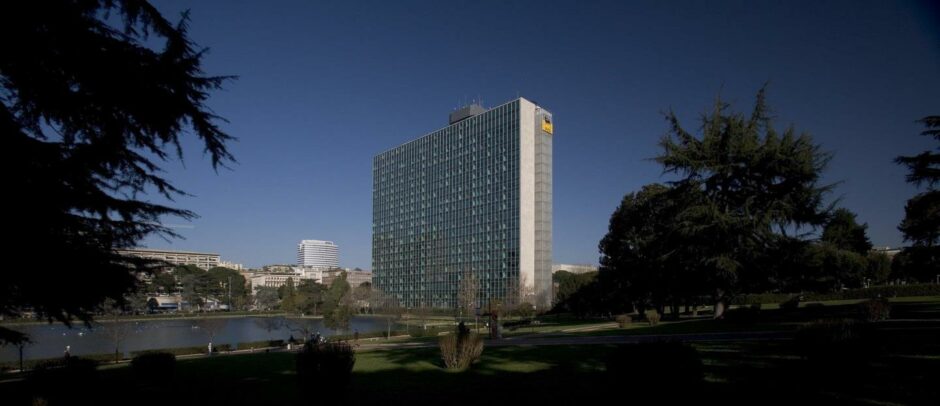
Eni has announced a trio of discoveries in Egypt’s Western Desert, shortly after agreeing to expand gas supplies to Europe from the North African state.
The three finds in the Meleiha concession have already begun producing. They are providing 8,500 barrels of oil equivalent per day, it said.
The Nada E Deep 1X well found 60 metres of net hydrocarbon pay in the Cretaceous-Jurassic Alam El Bueib and Khatatba formations.
The Meleiha SE Deep 1X well found 30 metres of net hydrocarbon pay in the Cretaceous-Jurassic sands of the Matruh and Khatatba formations.
Finally, the Emry Deep 21 well found 35 metres of net hydrocarbon pay in the cretaceous sandstones of Alam El Bueib. The company drilled the original Emry Deep well in 2012, finding 76 metres of pay. Eni forecast the 2012 find would hold 150-250 million barrels of oil.
Eni reported these finds, in addition to its 2021 discoveries, gave it a 75% success rate. More exploration is continuing in the area, it said.
The Italian company is carrying out the work through a joint venture, Agiba, with Egyptian General Petroleum Corp. (EGPC). Eni said the work continued its policy of infrastructure-led exploration, focused on fields near existing facilities. This approach cuts costs and time to market, it said.
The company intends to shoot a new high-resolution 3D seismic survey on Meleiha this year. It has also signed up two more exploration blocks.
Russia’s Lukoil holds a 24% stake in Meleiha. The Russian company has not commented on the Egyptian discoveries.
